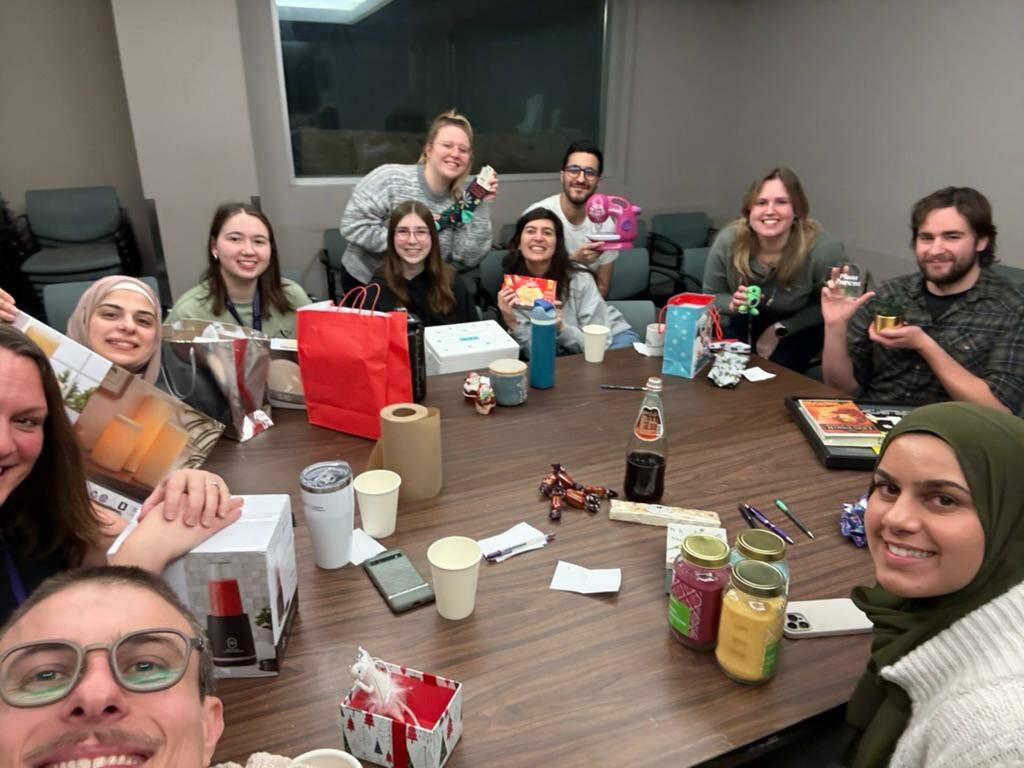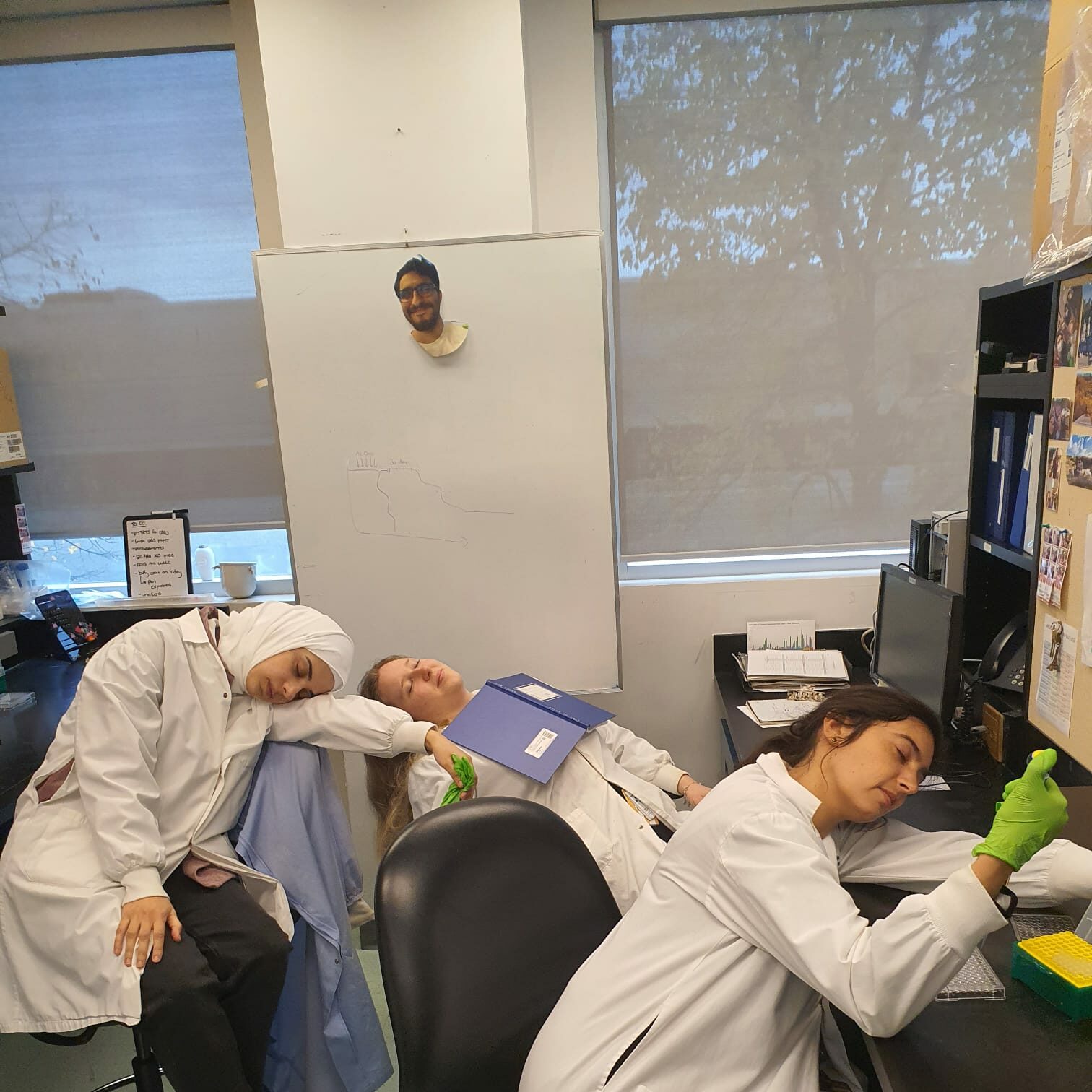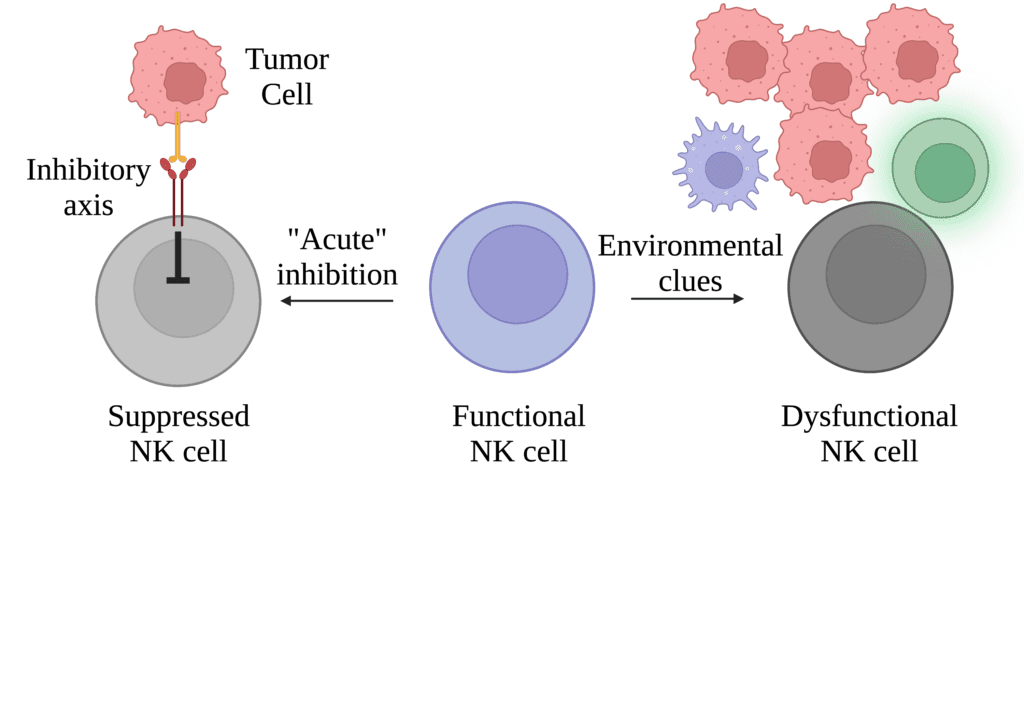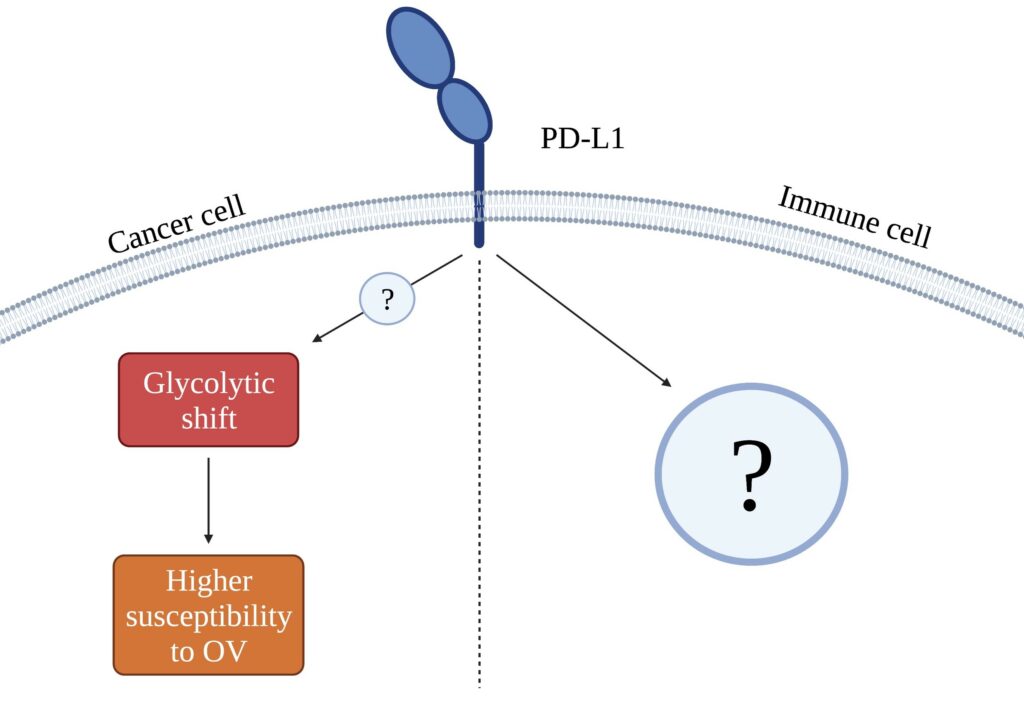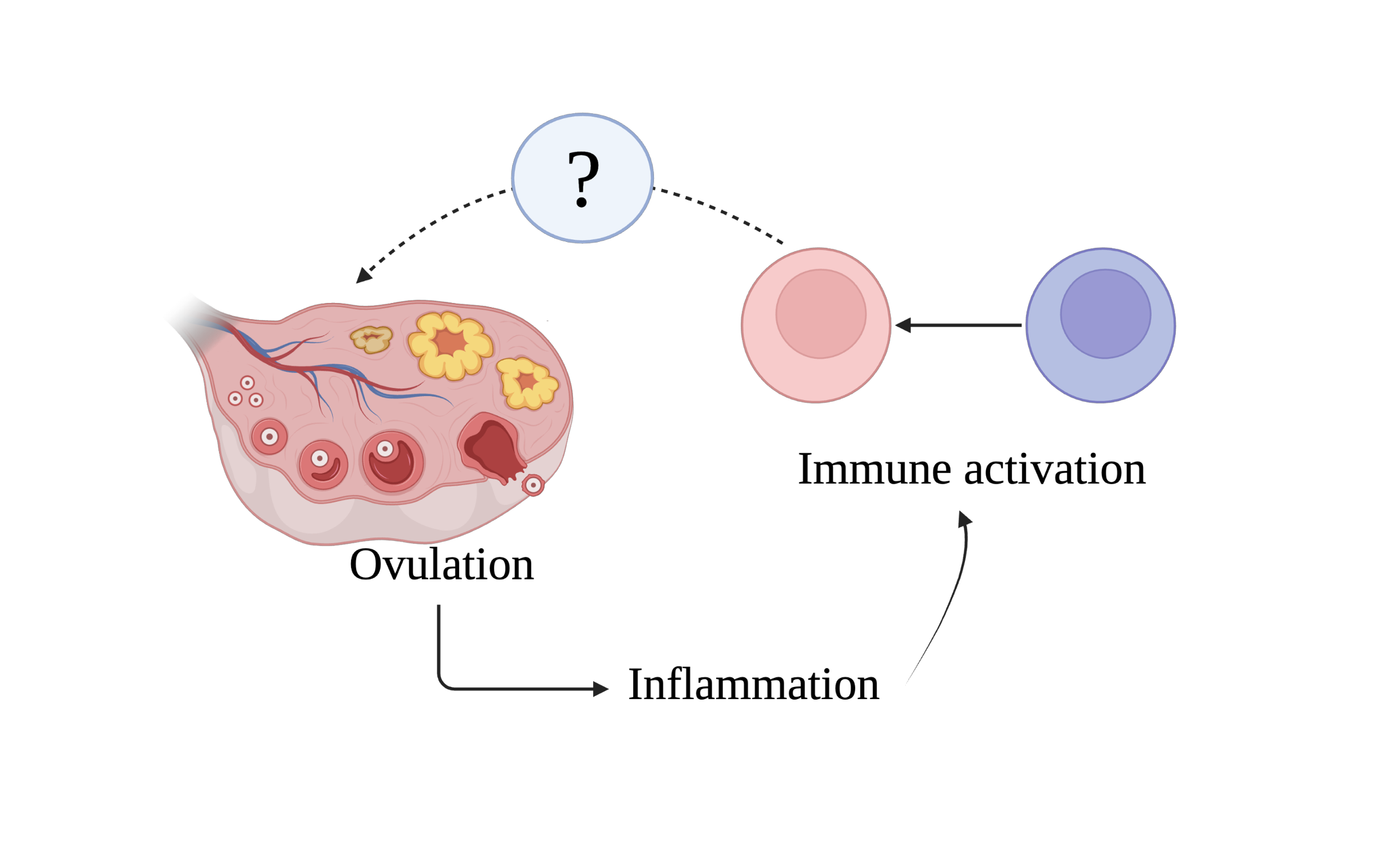We study, we mess up and then we try again. Once in a while we get it right and we publish it. We always have fun with science and help each other.
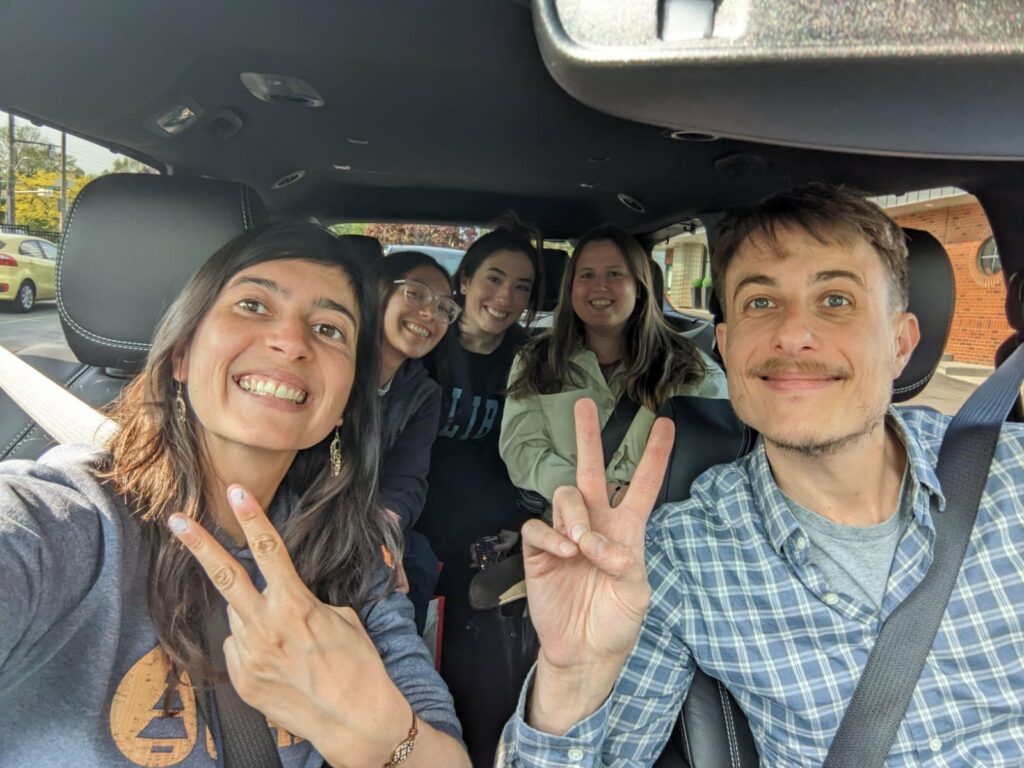
Our Mission
The immune system is a never-ending source of marvels, whose intricacies we have only began to understand. Our goal is to learn more about the role played by the immune system in health and disease. We hope that fundamental knowledge learned from our studies will not only advance our understanding of immunity, but it will also facilitate the development of immunotherapeutic strategies to fight cancer and other diseases.
Our Pillars of Research
Our research in the lab is built on three main pillars
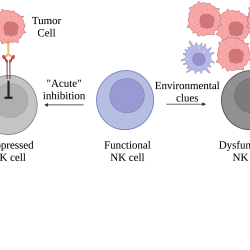
Supercharging NK Cells
Understanding the mechanisms that lead to NK cell failure against cancer and developing therapeutic strategies to harness NK cells.
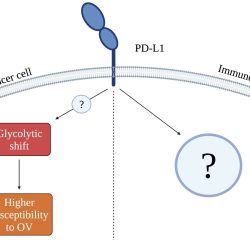
Unveiling PD-L1's Secrets
Discovering new cell intrinsic functions of PD-L1 in cancer and immune cells.
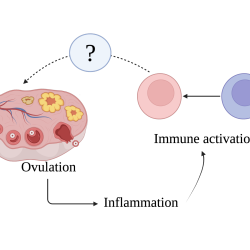
Guardians in the Female Reproductive Tract
Determining the role of immune cells in the female reproductive tract.
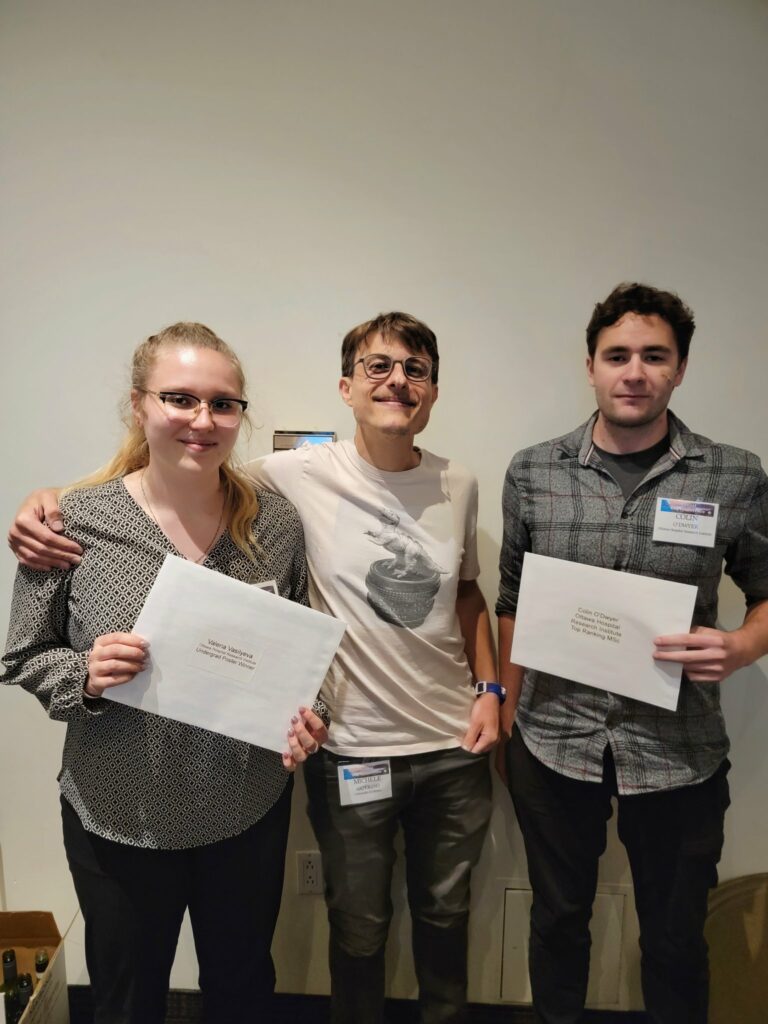
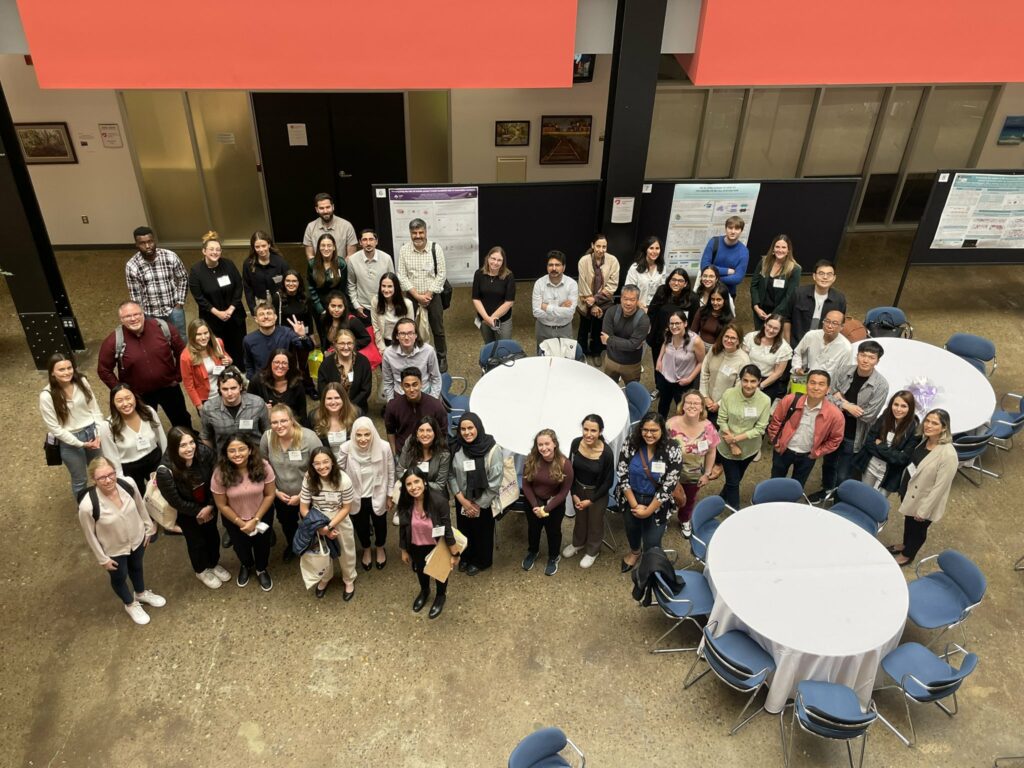

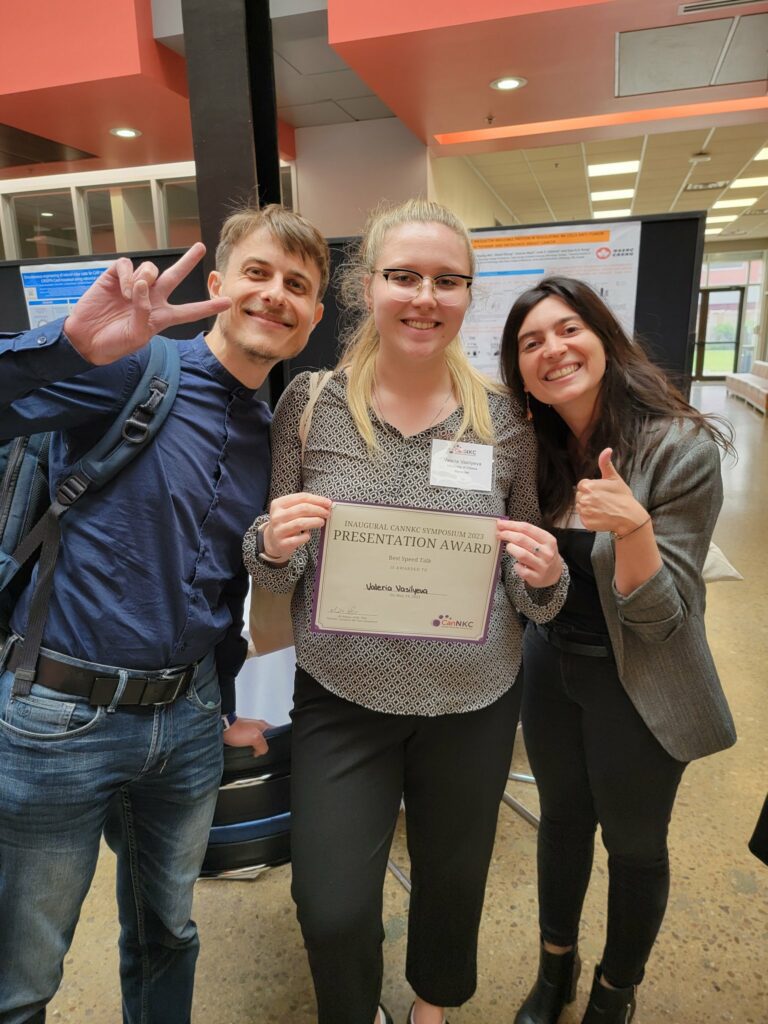
Meet the Team
Our lab is a blend of brilliant minds and passionate researchers, all driven by the love for immunology. Meet our quirky and dedicated team members – the scientific explorers leading the charge in unraveling the immune system’s mysteries.
Our Ongoing Projects
The tiring task of studying NK cell exhaustion.
NK cells are phenomenal mediators of anti-tumor immunity thanks to their ability to kill transformed cells, but barriers in the tumor microenvironment often lead to failure of NK cell responses. We are interested in understanding why NK cells do not manage to control tumors, despite their incredible anticancer potential.
To this end, we are asking the questions:
- Which inhibitory receptors expressed by NK cells prevent them from mediating anticancer functions?
- What fundamental changes occur in NK cells in the tumor microenvironment that make them dysfunctional?
We think that answering these questions will get us closer to harness the power of NK cells against cancer.
A ligand is a ligand is… a ligand?
PD-L1 was long thought to be simply an inert ligand for the immune checkpoint receptor PD-1, but recent studies have shown that it has its own important signaling role in both cancer and immune cells. We have recently discovered that PD-L1 increases the efficacy of Oncolytic Viruses by promoting a glycolytic shift in cancer cells. We are now following up on these exciting findings by asking the questions:
- How does PD-L1 signal in cancer cells?
- What are the cell intrinsic effects of PD-L1 signaling in cancer cells?
When an egg needs help: ILC2 to the rescue!
Mammalian ovulation is a process intrinsically linked with inflammation, where tissue damage‑repair incessantly in female animals.
Surprisingly, we know very little about how immune cells, which are key for inflammatory processes and tissue repair, are involved in ovulation.
Our goal is to understand how immune cells are regulated in the ovaries and what role they play in controlling inflammation and ovulation
Contact Us
Address: Ottawa Hospital Research Institute – 501 Smyth Road – Cancer Center – Ottawa, ON K1H 8M2
Tel: 613-737-8899 ext 77253
Mail: mardolino@ohri.ca
Legal Informations
Made with love by Qweeble


